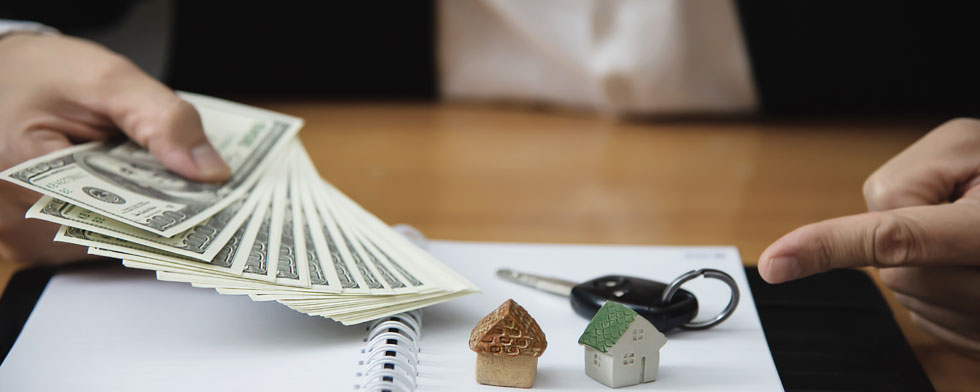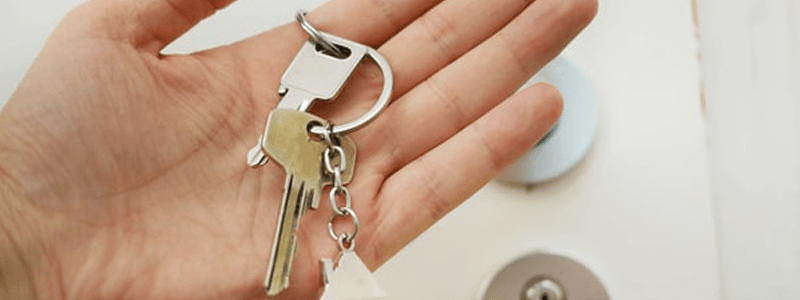Buying your first home is an exciting time but it can also be stressful with so much to prepare ahead of taking that first step onto the ladder.
Securing a mortgage for the first time requires good knowledge of what’s available and what’s required to present to potential mortgage lenders.
Here are some tips to help you with your preparations ahead of buying your first property and getting a mortgage
1. Get your finances in order
Ahead of speaking to a mortgage advisor, make sure your finances are in order and in the best possible state to present to a lender. They will be looking to see evidence of sensible finance management. Here are a few things to do and consider:
- Know where your money goes
The first thing to do is to regularly check your statements so that you are familiar with what you’re spending your money on.
Go through your last 6 months of statements so that you know all your outgoings. This will help you during a mortgage appointment when faced with tricky questions about where your money goes.
- Can you cut down on some monthly expenses?
Look at your current monthly outgoings such as mobile phone contract, gym membership and insurance. Are you getting the best possible deal from your existing providers or are there alternatives available that are more reasonable?
Carrying out an annual review of your monthly commitments is a good idea for everyone but particularly so for first-time property buyers trying to prove that they can afford a mortgage.
Consider cutting down or cutting out non-essential expenses, even if it’s temporarily. Magazine memberships, daily takeaway coffees and regular eating out costs can add up quite significantly.
Can you reduce your monthly travel costs by using public transport or lift sharing with a friend or colleague?
2. Improve your credit rating
To improve your credit rating, set up direct debits on frequent monthly expenses such as utility bills and credit cards. Be sure to pay your credit card bills on time and if possible pay off all outstanding debt before making your application. If you are unable to pay off the debt then attempt to reduce it as this will also significantly help.
Make sure you are on the electoral roll as it helps lenders when carrying out security checks.
3. Save money
There are many costs involved with buying a property. You will need to pay a mortgage deposit for your mortgage as well as other costs such as removal costs, stamp duty, surveyors fees and legal fees.
You also need to consider the ongoing additional costs involved with owning a home. Once you have completed your property purchase and are in your new home, you’ll have your monthly mortgage repayment to cover, council tax, utilities and maintenance costs. All property requires some level of ongoing maintenance so it is useful to have some money saved in advance to dip into when required.
To help with saving money, consider setting up a savings account that restricts your access to your money.
4. Speak with a mortgage advisor
After a few months of sorting out your finances, it’s time to speak with a mortgage advisor. They will be able to inform you of the kind of mortgages best suited to your needs and help you find the best deal. Propillo offers free mortgage advice and also a range of handy mortgage calculators to help you ascertain what you can afford.
5. Make your application
You’ve had time to prepare and improve your finances and you’ve spoken with a mortgage advisor. It’s now time to apply for your mortgage with your chosen lender. Be aware that it may take a few weeks for a decision to be made.
Although taking the first step onto the property ladder may seem daunting, it certainly helps to be organised and careful with finances in the run-up to your application so that you have the best possible chance of getting a good mortgage offer.




